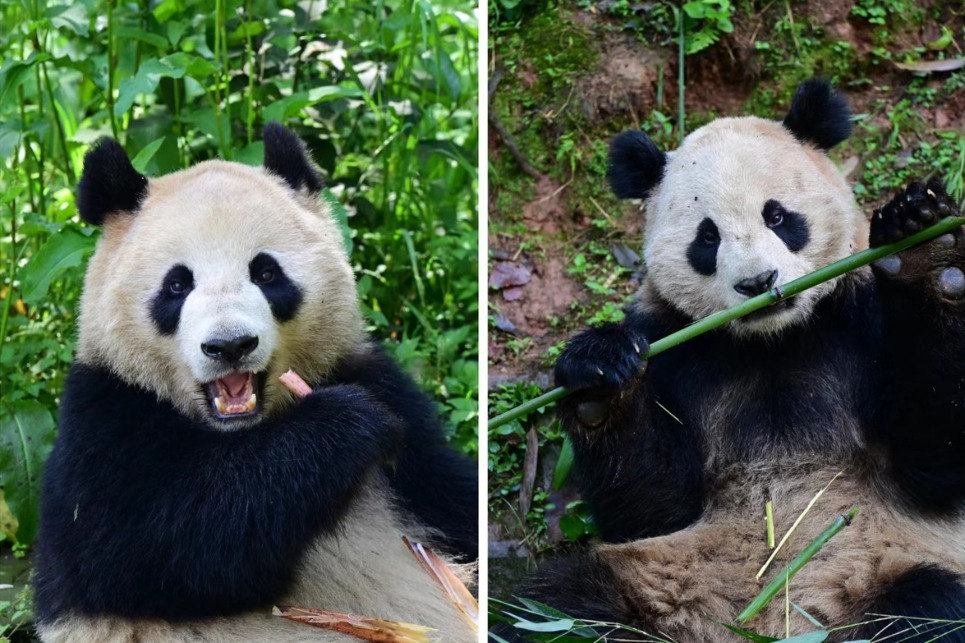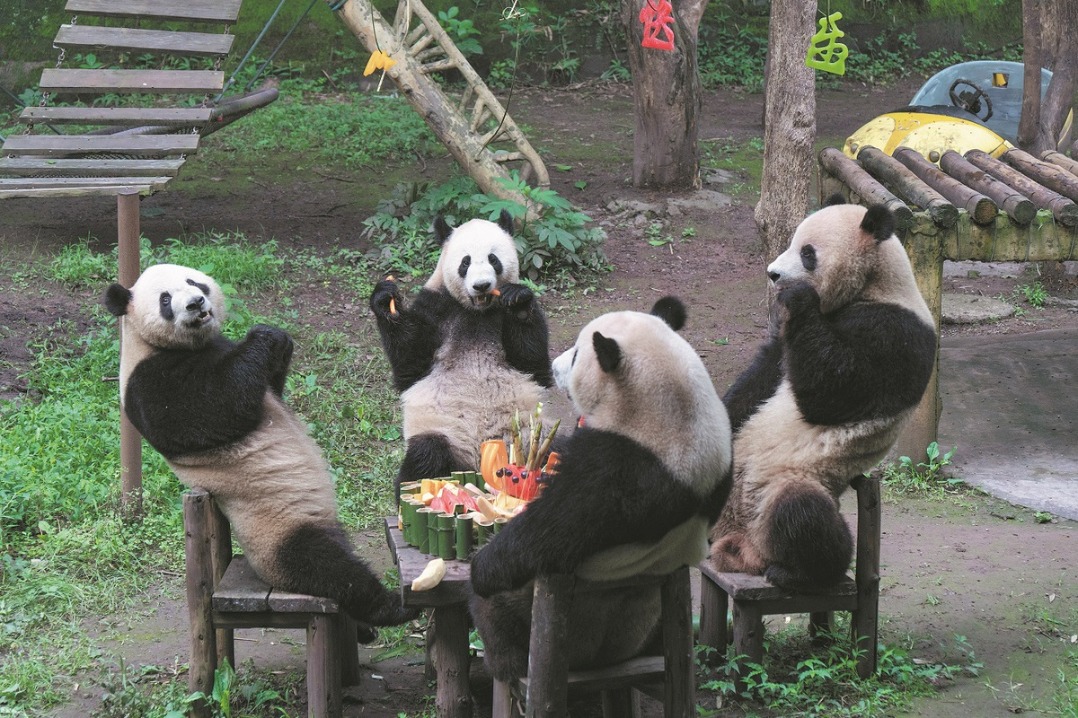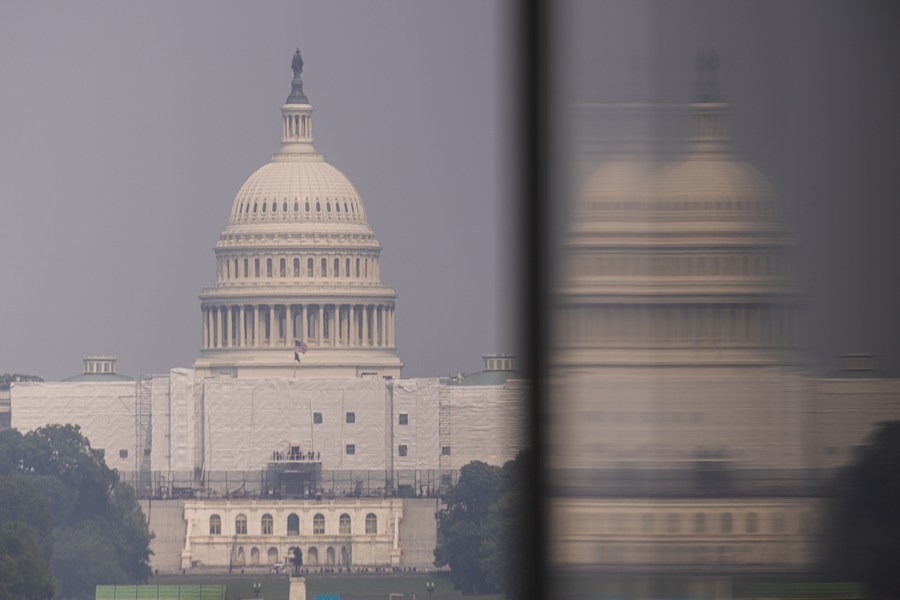Operation launched to halt introduction of invasive species
By LI HONGYANG | China Daily Global | Updated: 2023-10-13 07:44
The General Administration of Customs launched a yearlong special operation with other departments late last month to combat the illegal introduction of invasive species after an international report highlighted the threat posed by their spread through trade and travel.
By implementing stricter measures at ports of entry, China aims to safeguard its biodiversity and ensure the well-being of its citizens.
The administration said that several cases of people illegally importing non-native species had been reported by Shanghai and Beijing Customs recently.
On Oct 5, Shanghai Pudong International Airport Customs discovered a suspicious package declared as an air fryer. Upon inspection, customs officers uncovered 37 plastic tubes containing over 13,000 live ants concealed in foam strips.
The ants, Texas leafcutter (Atta texana), had not been previously reported in China. They have unusual eating habits, cutting leaves into small pieces that are brought back to their nests and fermented until small mushrooms grow, which they feed to their larvae.
Capable of inflicting bites that draw blood, large worker ants could pose a risk to the environment and human health if introduced and allowed to proliferate, the administration said.
On Oct 7, Beijing Capital Airport Customs intercepted a shipment declared as false eyelash samples. With the help of intelligent image analysis technology and manual inspections, customs officers found 37 scorpions and 612 ants hidden in the packages.
The administration said that many non-native species, including ants, are illegally imported as "exotic pets".
Many criminal groups involved in the illegal introduction of exotic pets have been disbanded, it said.
In the first half of this year, customs officers across the country seized 1,405 prohibited live animals and plants from incoming mail and carried items. Among them, 599 were species of animals and plants that do not naturally occur in China, including giant centipedes and marbled salamanders.
According to the plan for the special operation, the administration will continue to improve the national biosecurity early warning and control system and enhance risk analysis.
Mao Runping, an assistant researcher at the Wuhan Institute of Landscape Architecture in Hubei province, said, "In a foreign country, a species can reproduce quickly because no natural enemy species can restrict it like they do in their original habitat."
She said that human activities had greatly increased the frequency of species reaching new environments.
A report by the Intergovernmental Platform on Biodiversity and Ecosystem Services, a global body that assesses the state of biodiversity and nature's contributions to people, highlighted the issue of invasive alien species last month.
The report said that more than 37,000 alien species have been introduced by many human activities to regions and biomes around the world. The global economic cost of invasive alien species in 2019 exceeded $423 billion, with costs having at least quadrupled every decade since 1970, it added.
Liu Kun contributed to this story.
lihongyang@chinadaily.com.cn
























